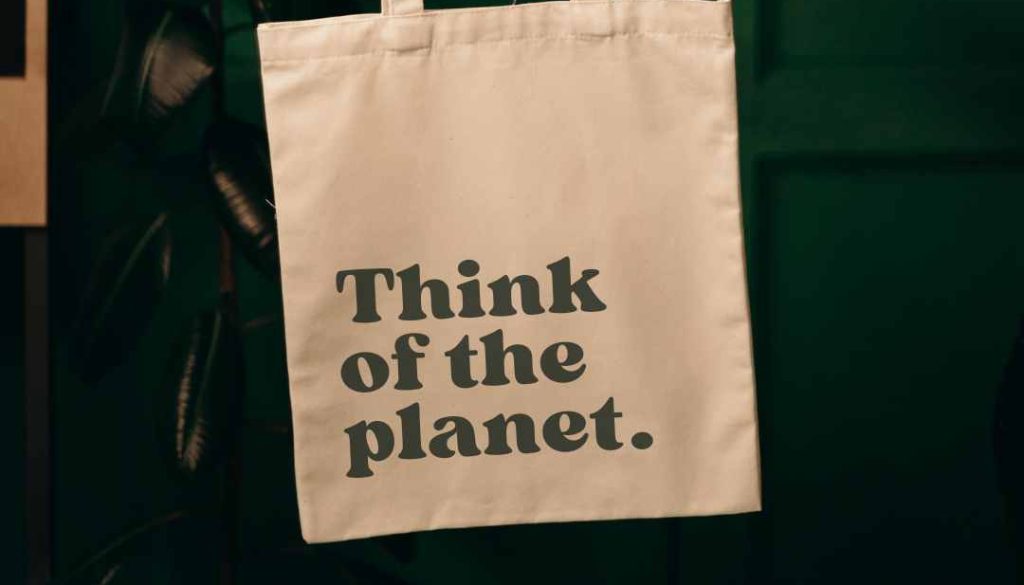
Introduction:
In our fast-paced, consumer-driven world, the convenience of packaging often takes precedence over its environmental impact. Non-reusable packing materials, such as single-use plastics and excessive packaging, contribute significantly to the degradation of our planet. It’s high time we recognize the urgency of the situation and make a collective effort to switch to reusable alternatives. This blog explores the detrimental effects of non-reusable packing materials on the environment and advocates for a shift towards sustainable packaging to restore the cleanliness of our planet.
The Problem:
- Plastic Pollution: Non-reusable plastics, particularly single-use items like bags, bottles, and packaging, have become a pervasive environmental issue. These plastics take centuries to decompose, leading to massive accumulations in landfills, oceans, and ecosystems. Marine life is particularly vulnerable to plastic pollution, with millions of tons of plastic waste entering our oceans each year.
- Resource Depletion: The production of non-reusable packing materials consumes vast amounts of natural resources, contributing to deforestation, habitat destruction, and increased carbon emissions. The extraction and processing of raw materials, such as fossil fuels for plastic production, exacerbate environmental degradation and climate change.
- Energy Consumption: Manufacturing non-reusable packing materials requires significant energy inputs. The extraction, transportation, and processing of raw materials, as well as the manufacturing and transportation of the final products, contribute to a substantial carbon footprint. Choosing reusable alternatives can significantly reduce the overall energy consumption associated with packaging.
The Solution:
- Promoting Reusability: The primary solution to combat the environmental impact of non-reusable packing materials is a widespread shift towards reusable alternatives. Reusable bags, containers, and packaging options are readily available and can substantially reduce the amount of waste generated by packaging.
- Consumer Awareness: Raising awareness among consumers about the environmental consequences of non-reusable packing materials is crucial. Educating individuals about the benefits of reusable options, as well as the harmful effects of single-use plastics, empowers them to make informed and sustainable choices.
- Corporate Responsibility: Companies play a pivotal role in driving change. Embracing sustainable packaging practices, reducing excess packaging, and investing in eco-friendly alternatives demonstrate corporate responsibility. Consumers increasingly favor environmentally conscious brands, providing an incentive for companies to adopt greener practices.
- Legislation and Policy Measures: Governments can play a vital role in regulating the use of non-reusable packing materials. Implementing and enforcing policies that restrict single-use plastics, incentivize sustainable packaging, and promote recycling can contribute to a cleaner and healthier environment.
Conclusion:
The environmental impact of non-reusable packing materials is undeniable, and the consequences of inaction are severe. By choosing reusable alternatives, raising awareness, holding companies accountable, and implementing effective policies, we can collectively work towards restoring the cleanliness of our planet. The time for change is now, and each small decision in favor of sustainability contributes to a brighter, cleaner future for generations to come.




ehtisham khan
its a very good initiative to restore our planet cleanliness. i also work with you as a volunteer and I’m proud to do work with you .